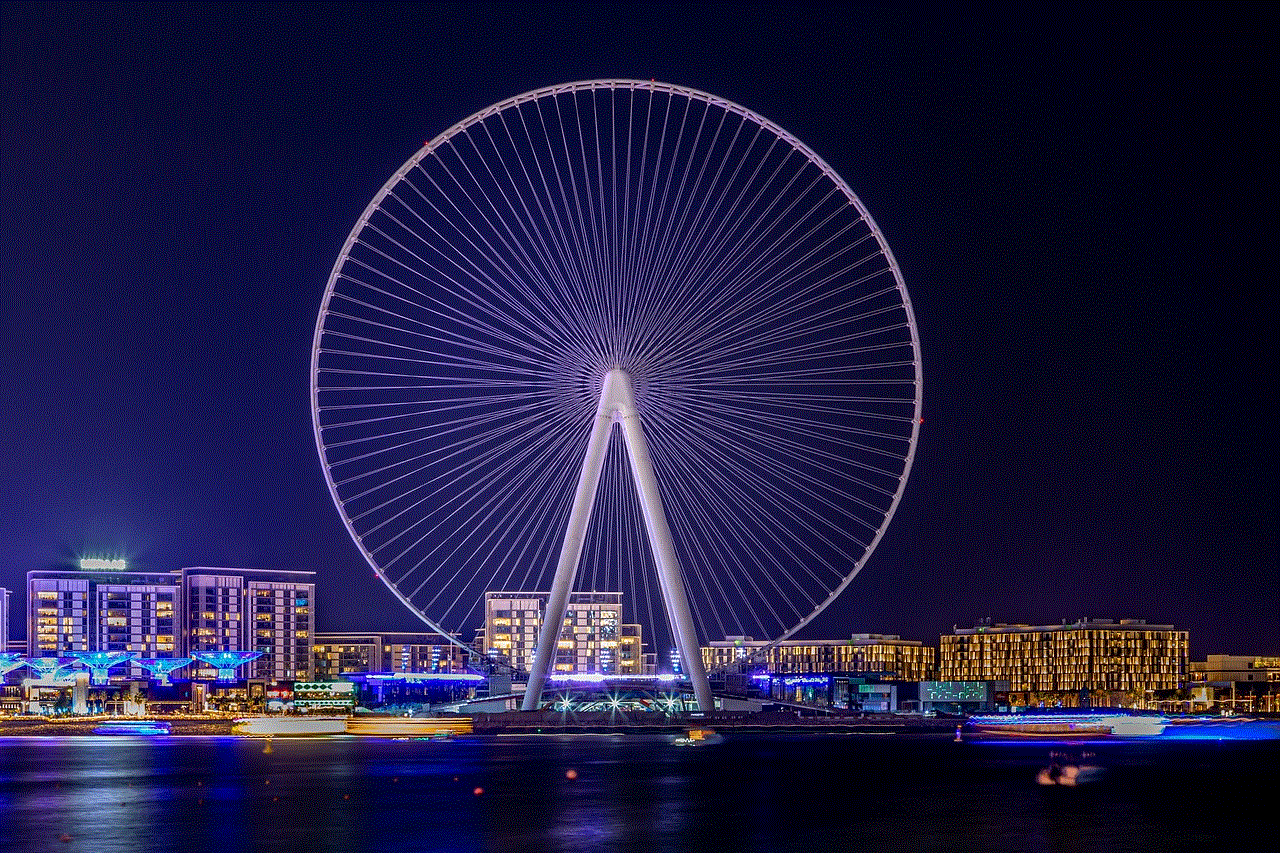naked 16 year old
The topic of 16-year-olds and nudity is a highly controversial and sensitive one. In today’s society, where social media and the internet have made it easier for explicit content to spread, the issue of naked 16-year-olds is a topic that needs to be explored and discussed. In this article, we will delve into the various aspects of this topic, including the legality, morality, and potential consequences of a 16-year-old being naked.
First and foremost, it is important to establish the legal aspects of naked 16-year-olds. In most countries, the age of consent is 16, which means that individuals at this age are considered old enough to make decisions about their sexual activities. However, this does not necessarily mean that it is legal for a 16-year-old to be naked in public or on social media. In fact, in many countries, there are laws that prohibit the dissemination of any kind of explicit content involving minors, regardless of their age of consent.
One of the main reasons for these laws is to protect minors from potential predators and exploitation. As a 16-year-old is still considered a minor, they are vulnerable to being taken advantage of by adults who may use their naked images for malicious purposes. This is why many countries have strict laws against the production, distribution, and possession of any kind of child pornography. In some cases, even consensual sexting between two 16-year-olds can be considered a criminal offense if the images are shared with others or if one of the parties involved is coerced into sending them.
Moreover, even if a 16-year-old is not technically breaking any laws by being naked, there is still the issue of morality to consider. The human body is a beautiful and natural thing, but there is a certain level of maturity and responsibility that comes with being naked. At 16, many individuals are still in the process of discovering their own identities and may not fully understand the potential consequences of their actions. Being naked in public or sharing naked images on social media can have long-lasting effects on a person’s reputation and future opportunities.
Additionally, the internet has made it easier for explicit content to spread, and once something is online, it is almost impossible to completely erase it. This means that a 16-year-old who may have made a mistake by sharing a naked image can potentially face repercussions for the rest of their life. This could include difficulties in getting a job, being accepted into college, or even facing cyberbullying and harassment from peers.
On the other hand, there are arguments to be made in favor of a 16-year-old’s right to be naked. Some may argue that 16 is an age at which individuals are old enough to make decisions about their own bodies. They may argue that as long as the individual is not being coerced or exploited, they have the right to express themselves in any way they see fit. In some cultures, nudity is not seen as taboo or sexual, and it is considered a natural and acceptable form of self-expression.
Moreover, there is the issue of body positivity and acceptance. In today’s society, where unrealistic beauty standards are constantly being pushed onto young individuals, it is important for teenagers to learn to love and accept their bodies. If a 16-year-old feels comfortable and confident being naked, they should not be shamed or punished for it. Instead, there should be open and honest discussions about body image and self-love to promote a healthy and positive relationship with one’s body.
Furthermore, it is important to acknowledge that nudity does not always equal sexuality. As mentioned earlier, the human body is a natural and beautiful thing, and there are many forms of art and expression that involve nudity. A 16-year-old may want to explore this form of expression through photography, painting, or performance art. As long as it is done in a safe and consensual manner, there should not be any stigma attached to it.
However, it is also important to consider the potential consequences of a 16-year-old being naked in certain situations. For example, if a 16-year-old is naked in a public space, they may be at risk of being harassed or assaulted. This is especially true for young girls who are more likely to be objectified and sexualized by others. The responsibility falls not only on the individual but also on society to create a safe and respectful environment for teenagers to express themselves.
In conclusion, the issue of naked 16-year-olds is a complex and multifaceted one. While there may be arguments in favor of a 16-year-old’s right to be naked, there are also valid concerns about the potential consequences and exploitation. It is important for parents, educators, and society as a whole to have open and honest discussions about this topic and to educate young individuals about the potential risks and responsibilities that come with being naked. Ultimately, the most important thing is to ensure that 16-year-olds are safe and supported in their choices, and that their well-being is always the top priority.
why is tiktok so bad
tiktok -parental-control-effectively-in-2023″>TikTok has quickly become a popular social media platform, especially among younger generations. It allows users to create and share short videos, often with music and special effects. However, despite its popularity, TikTok has been facing a lot of criticism and controversy. Many people have been questioning the impact and influence of the app, with some even calling it “bad.” So, why is TikTok so bad? In this article, we will delve into the various factors that contribute to the negative perception of TikTok.
1. Addiction and Time-Wasting
One of the primary reasons why TikTok is considered “bad” is its addictive nature. The app is designed to keep users scrolling and watching videos for hours on end. The endless stream of short videos, combined with the app’s algorithm that suggests more content based on users’ interests, makes it easy for people to get lost in the app. This can lead to wasting a significant amount of time on the platform, which can be detrimental to productivity and overall well-being.
Moreover, the addictive nature of TikTok can also lead to a form of social media addiction. Many users find themselves constantly checking for new content or feeling the need to create and post videos regularly. This can be damaging to mental health, as it creates a sense of pressure to constantly engage with the app and can even lead to feelings of inadequacy or FOMO (fear of missing out) in some users.
2. Predatory Behavior and Safety Concerns
Another significant issue with TikTok is the presence of predatory behavior and safety concerns. Due to the app’s popularity among younger generations, it has become a breeding ground for online predators. The app’s algorithm and the ease of creating and sharing content make it challenging to monitor and filter out inappropriate content and interactions. This has led to reports of predators targeting and grooming young users on the app.
Moreover, concerns have also been raised about the safety of personal information on TikTok. In 2020, the app was banned in India and faced scrutiny in other countries due to its data policies. The app has been accused of collecting and sharing user data with the Chinese government, which has raised privacy and security concerns.



3. Negative Influences and Harmful Content
TikTok has also been criticized for the negative influences and harmful content it promotes. The app’s algorithm is known to favor controversial and provocative content, which can have a significant impact on impressionable users, especially young ones. The app has been accused of promoting body shaming, bullying, and other harmful behaviors.
Additionally, the app’s use of music and special effects can also glamorize risky and dangerous behaviors, such as drug use and reckless stunts. This has led to numerous viral challenges on the app, some of which have resulted in injuries and even deaths.
4. Cyberbullying and Trolling
As with any social media platform, TikTok is also plagued with cyberbullying and trolling. The anonymity and ease of creating and sharing content on the app have made it a breeding ground for online harassment. Many users, especially young ones, have reported being bullied or trolled on the app, leading to a negative impact on their mental health and well-being.
Furthermore, the app’s comments section has been known to be particularly toxic, with users leaving hurtful and offensive comments on videos. This can be damaging to the self-esteem and confidence of the creators, especially if they are young and impressionable.
5. Lack of Authenticity and Comparison Culture
TikTok has also been criticized for promoting a lack of authenticity and creating a comparison culture among its users. The app’s algorithm favors content with high engagement, which often leads to creators prioritizing views and likes over genuine and authentic content. This has led to a rise in “copycat” content, where users imitate popular trends and challenges to gain views and followers.
Moreover, the curated and edited nature of TikTok videos can also create an unrealistic standard of beauty and success, leading to a constant feeling of comparison and inadequacy among users. This can have a detrimental effect on mental health, especially in younger users who are still developing their sense of self.
6. Copyright Infringement and Plagiarism
Another common issue with TikTok is the prevalence of copyright infringement and plagiarism. The app’s lip-syncing feature and the ability to use popular music in videos have led to many creators using copyrighted material without proper permission or credit. This has resulted in numerous copyright claims and lawsuits against the app and its users.
Moreover, the ease of sharing and reposting content on TikTok has also led to a rampant culture of plagiarism, with many users stealing and reposting others’ content without proper attribution. This not only harms the original creators but also promotes a lack of creativity and originality on the app.



7. Inappropriate Content for Younger Users
TikTok has a minimum age requirement of 13 years old, but many younger users still use the app. This has raised concerns about the availability of inappropriate content for these young users. While the app has filters and parental controls, they are not foolproof, and many young users can still come across content that is not suitable for their age.
Additionally, the app’s “For You” page, which suggests content based on users’ interests, can also lead to young users being exposed to content that is not appropriate for their age. This has raised concerns among parents and regulators, leading to calls for stricter content moderation on the app.
8. Negative Effects on Mental Health
As mentioned earlier, TikTok’s addictive and comparison culture, along with the prevalence of cyberbullying and toxic content, can have a significant impact on mental health. Studies have shown that the use of social media platforms like TikTok can lead to feelings of depression, anxiety, and low self-esteem, especially in younger users.
Moreover, the constant need for validation and the pressure to create and post “perfect” content can also have a negative impact on mental health. The curated and edited nature of TikTok videos can also create a false sense of reality, leading to feelings of inadequacy and lowered self-worth.
9. Lack of Transparency and Accountability
TikTok has faced criticism for its lack of transparency and accountability in dealing with issues on the app. The app has been accused of being slow to respond to reports of inappropriate content and harassment, leading to a negative impact on users’ safety and well-being. Moreover, the app’s algorithm and content moderation policies have been called into question, with concerns about their fairness and effectiveness.
Furthermore, TikTok has also been accused of silencing and censoring certain content and creators. This has led to concerns about the app’s commitment to freedom of speech and expression.
10. Negative Impact on Society
Lastly, TikTok’s negative impact goes beyond its individual users and can have a broader effect on society. The app’s addictive nature and the prevalence of fake news and misinformation on the platform can lead to a negative impact on democracy and public discourse. Moreover, the app’s promotion of unrealistic standards of beauty and success can also contribute to a toxic and unhealthy culture.



In conclusion, TikTok has faced a lot of criticism and controversy, and the reasons are plenty. From addiction and time-wasting to safety concerns and negative influences, the app has a lot of issues that contribute to its negative perception. While it can be a fun and entertaining platform, it is essential to be aware of its potential negative impact and use it responsibly. As with any social media platform, it is crucial to be mindful of the content we consume and create, and to always prioritize our mental and emotional well-being.